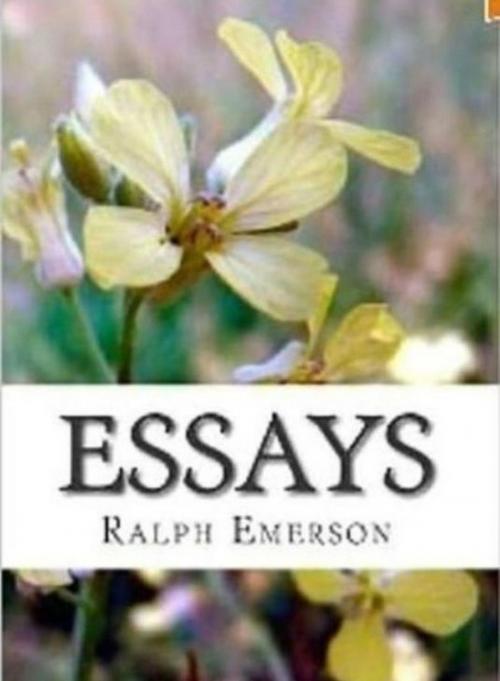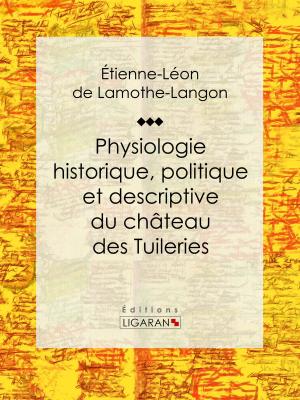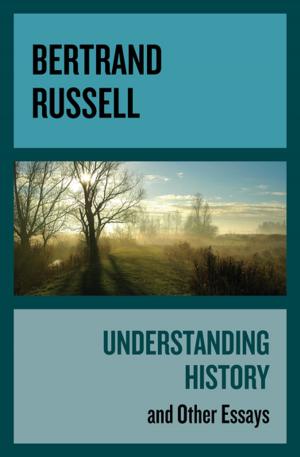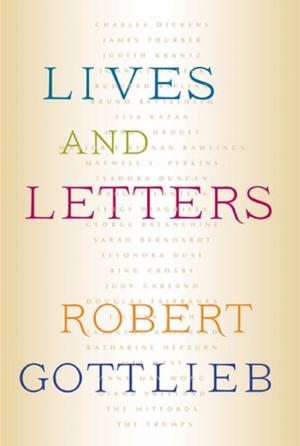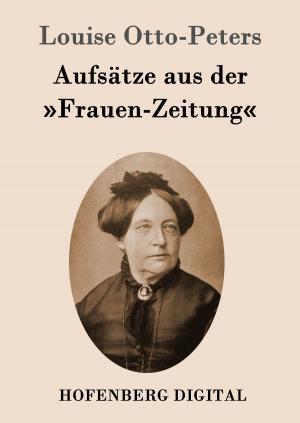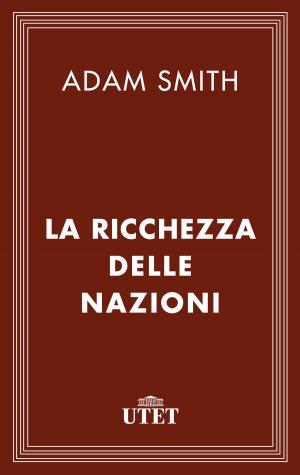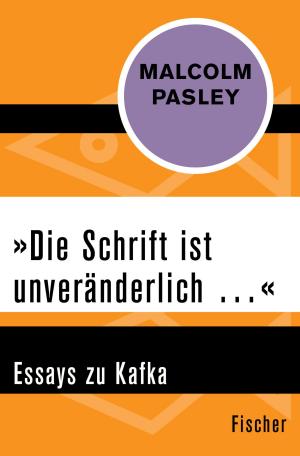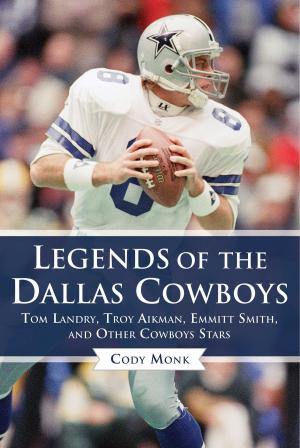| Author: | Ralph Waldo Emerson | ISBN: | 1230001414578 |
| Publisher: | Difference Solutions | Publication: | November 4, 2016 |
| Imprint: | Language: | English |
| Author: | Ralph Waldo Emerson |
| ISBN: | 1230001414578 |
| Publisher: | Difference Solutions |
| Publication: | November 4, 2016 |
| Imprint: | |
| Language: | English |
Collectors Edition! Ralph Waldo Emerson is America's greatest essayist and one of its greatest orators. To call him an essayist indeed sells him rather short and is very misleading. Most think of essays as interminable, dry, and academic, full of jargon, polysyllables, and other esoterica making them near-inaccessible to general readers. Emerson is very different. His writing is vibrant and vital, making subjects come alive in a way that is as accessible as it is thought-provoking. He writes about general topics - self-reliance, history, love, friendship - of fundamental importance to humanity but is never pretentious, portentous, or arcane; his writing is indeed so strong and lively that it can be read as literature - or even entertainment. Emerson was most famous in life for oratory and is now best-known for essays but had a poet's soul in the truest sense; he wrote many poems, but a poetic sensibility underlies all his writings. His essays are sculpted with poetic precision; he is admirably concise and knows just what words to use to get attention and desired effect, not needing more. Perhaps more importantly, his style is as close to poetry as prose can be, full of beautiful descriptions, exciting metaphors, and general lushness. Yet he was also a philosopher, conveying classic philosophy in easily relatable form with new relevance and contributing much of his own. Only Plato himself rivals Emerson for combining poetry and philosophy's unique strengths; his essays are strong on all fronts.
Collectors Edition! Ralph Waldo Emerson is America's greatest essayist and one of its greatest orators. To call him an essayist indeed sells him rather short and is very misleading. Most think of essays as interminable, dry, and academic, full of jargon, polysyllables, and other esoterica making them near-inaccessible to general readers. Emerson is very different. His writing is vibrant and vital, making subjects come alive in a way that is as accessible as it is thought-provoking. He writes about general topics - self-reliance, history, love, friendship - of fundamental importance to humanity but is never pretentious, portentous, or arcane; his writing is indeed so strong and lively that it can be read as literature - or even entertainment. Emerson was most famous in life for oratory and is now best-known for essays but had a poet's soul in the truest sense; he wrote many poems, but a poetic sensibility underlies all his writings. His essays are sculpted with poetic precision; he is admirably concise and knows just what words to use to get attention and desired effect, not needing more. Perhaps more importantly, his style is as close to poetry as prose can be, full of beautiful descriptions, exciting metaphors, and general lushness. Yet he was also a philosopher, conveying classic philosophy in easily relatable form with new relevance and contributing much of his own. Only Plato himself rivals Emerson for combining poetry and philosophy's unique strengths; his essays are strong on all fronts.
